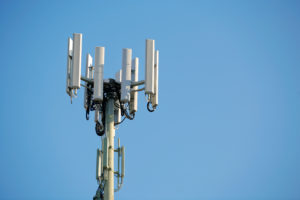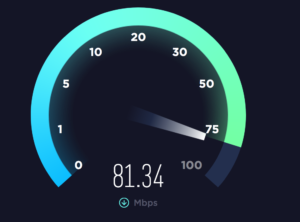
The race to be one of the first providers to offer 5G service is worldwide, with carriers around the globe clamoring to be able to tout their networks’ availability. Here in the US, Verizon has announced plans to launch a limited 5G network this year, but some other carriers are skeptical. When Korea Telecom announced plans this week to make their 5G service available in 2019, they commented that Verizon’s promised 5G network is actually “a step backward,” since it will not provide broad coverage. As a KT executive Oh Seong-Mok explained, “it is true 5G only when coverage is guaranteed,” so because Verizon’s 2018 launch will not provide nationwide coverage, the door remains open for KT’s launch to be the first true 5G service in the world.
While KT has a point, launching a nationwide network in a country the size of the US is no small task – and if Verizon delivers on their promise to launch 5G in some areas this year, it will still be a huge step in wireless.





 UK mobile operator O2 released a report this week titled “The value of 5G for cities and communities,” detailing the anticipated positive impacts 5G will have in a variety of sectors. The report utilizes research and examples rooted in the UK, but the message is global: the integration of 5G technology in any city or town could mean billions of dollars in savings and increased productivity.
UK mobile operator O2 released a report this week titled “The value of 5G for cities and communities,” detailing the anticipated positive impacts 5G will have in a variety of sectors. The report utilizes research and examples rooted in the UK, but the message is global: the integration of 5G technology in any city or town could mean billions of dollars in savings and increased productivity.
